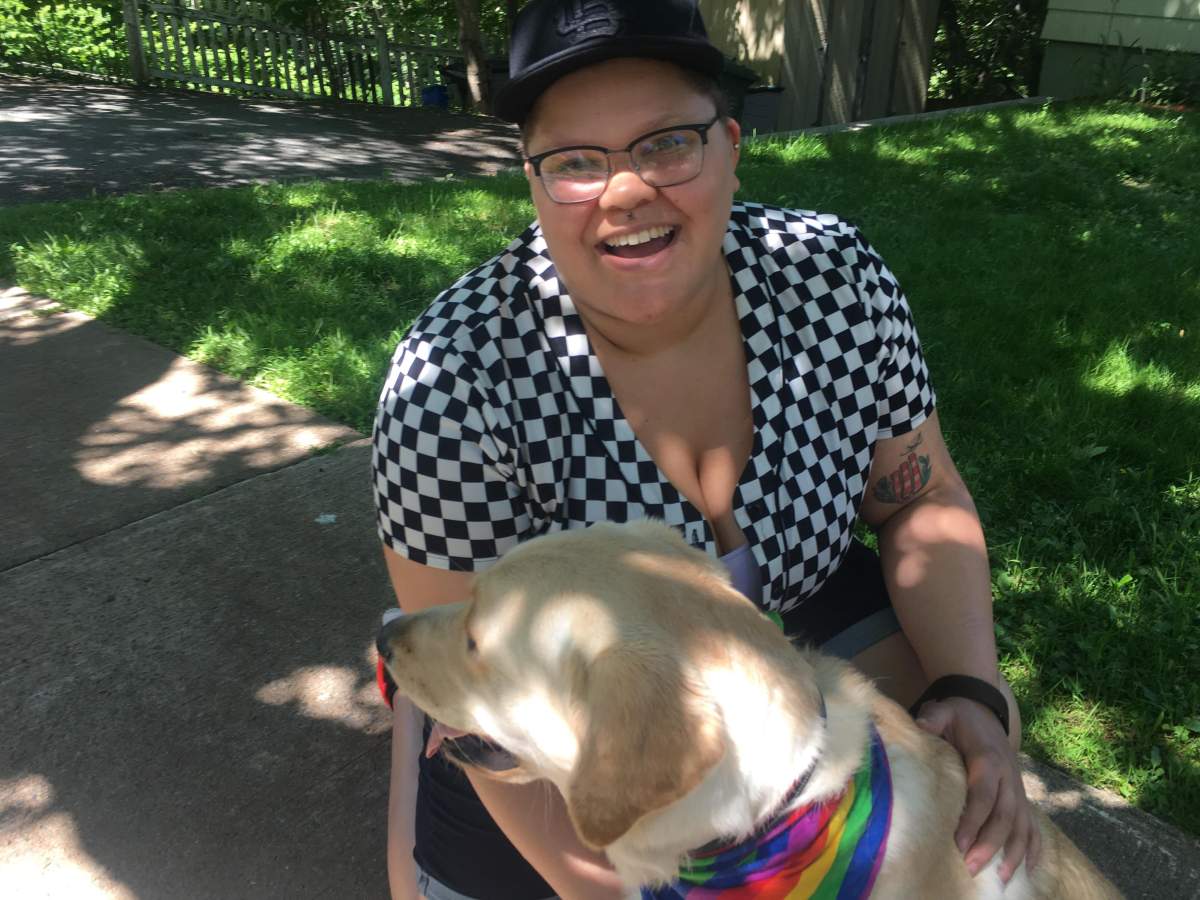Every year, Pride festivals across Canada experience widespread growth in both participation and attendance.

However, despite the increased awareness of Pride festivals each year, there are still many marginalized groups within the LGBTQ2 community fighting for space, representation and the opportunity to have their unique voices and challenges heard.
“It’s one thing to be queer — that’s a marginalized community — but being marginalized within that is a whole other ballgame. It’s a whole other ballpark,” said Cole Dorfschmidt, a young drag performer who identifies as gender-fluid and uses they/them pronouns.
“It’s scary. It’s scarier to be us, to come out so it’s so important for the representation to be had.”
Dorfschmidt also represents the African Nova Scotian community and can recall struggling to find other members within the LGBTQ2 community who looked like and represented a similar background and culture to them.
“My friends really helped me truly find who I was, but there was not a lot of representation for being a person of colour,” they said.
That void was erased when Dorfschmidt saw a performance by a black trans drag queen named Elle Noir.
Elle Noir, as she’s known on stage, is a popular Halifax-based drag queen who has headlined shows from coast to coast.

Get daily National news
For the past 14 years, Chris Cochrane has been performing as Elle Noir.
The journey has not only allowed her to connect with her own identity but to create space for other marginalized groups struggling to find their voices.
For up-and-coming performers and activists like Dorfschmidt, the visibility that Cochrane has brought to the community has inspired them to pursue their own passion.
“I want to be one of the people who can have youth see me being my true authentic self and be OK to be them. This is why we need the representation — so that we can live our lives 365 days of the year,” Dorfschmidt said.
Cochrane is the 2019 Halifax Pride ambassador. She says the distinction represents the work she’s put in over the past decade to break down the barriers she faced coming out in a small rural Nova Scotia town.
“I’m from Glace Bay so the only real people I know that were gay were my uncle, who lived in Ontario, and then other than that, there was not really a lot of queer culture, especially black queer culture,” she said.
Having to circumnavigate those challenges brought her to an understanding of why it’s crucial for marginalized voices to connect with one another.
“If they’re not seeing that there’s people there for fighting for them, then they might not feel that there’s a way for them to get out from where they are, or even just be themselves,” Cochrane said.
Thanks to efforts from people like Cochrane, Dorfschmidt and other young people are now thriving and embracing their own identity.
“I never thought that I would have this platform that I do now but I really want to take it and run with it and be as strong as a person as I can be,” Dorfschmidt said.

_848x480_1573112899804.jpg?w=1040&quality=70&strip=all)







Comments
Want to discuss? Please read our Commenting Policy first.